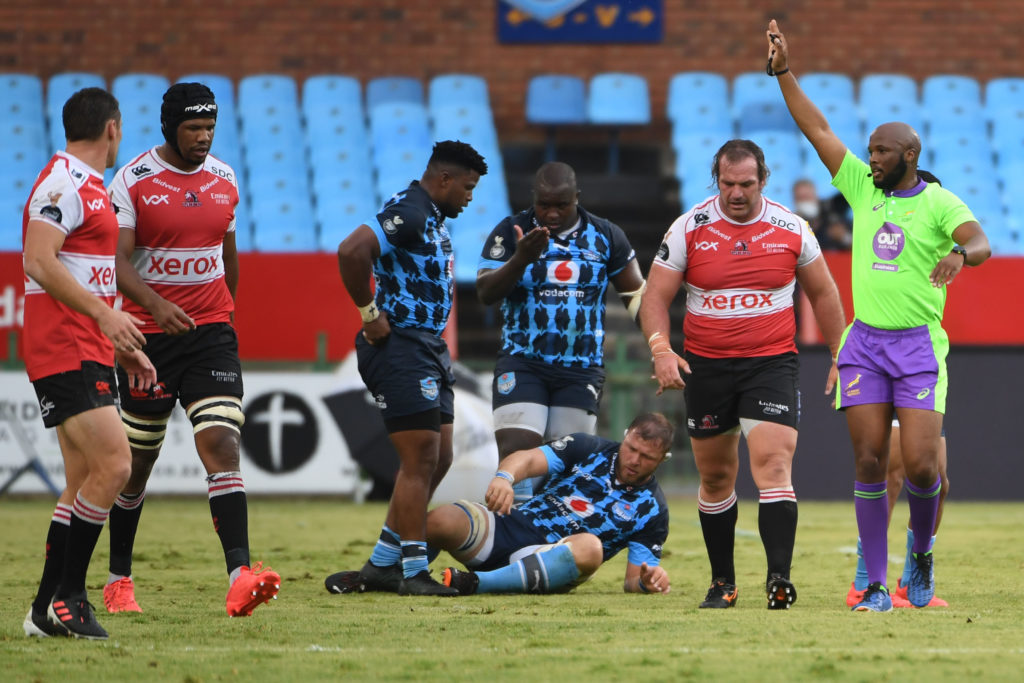With summer rugby set to become a permanent fixture, ANDRE-PIERRE CRONJE investigates what that may mean for South African rugby.
Thread: Sharks CEO on season’s challenges
Rugby has traditionally always been a winter sport, and there’s a good reason for that. The physical nature of the game means cooler temperatures are preferable to regulate how quickly players tire and dehydrate. As players tire, they commit more errors and the overall quality of the game suffers.
Yet, this season’s new-look domestic campaign has seen conditions ranging from lightning storms to searing heat have brought with them all measures of disruption.
This was plain for all to see this past weekend in the two Currie Cup semi-finals. While conditions were not solely responsible for the sub-standard display of skills, some sympathy must go the way of the players.
The match between the Vodacom Bulls and Lions, for example, kicked off at the hottest time of the day – on the hottest day of the summer in one of the hottest parts of the country. Playing at altitude is difficult enough without 37-degrees heat accompanying it.
The heat has not been rugby’s only obstacle, though. On more than one occasion this season, matches have been abandoned before completion on account of lightning storms. One particularly enthralling contest between the Lions and Griquas stands out and fans would have felt upset that such a thrilling contest was (sensibly) prematurely curtailed.
The announcement of South Africa’s move to the PRO16 means that summer rugby is here to stay. The competition typically runs from October to March and South Africa’s inclusion is unlikely to alter these dates. While the obstacles this presents are self-evident, there are ways to overcome them as well as a handful of benefits that may be less obvious.
For a start, one solution to the heat is to shift kick-off times to later in the day. Starting games at 6pm and 8pm when temperatures are lower seems straightforward and would currently be the norm were it not for South Africa’s 9pm curfew.
Later starts also introduces the possibility of scheduling matches for Friday evenings as opposed to the usual Sunday afternoon fixture. ‘Friday Night Lights’, as this has come to be known in European competitions, have been a hit with fans – what better way to round off the working week than by meeting your mates to watch your team play rugby?
There is, of course, the added benefit of the tournament falling within the holiday season. One need only look at the usually packed stands for Boxing Day and New Year’s Day cricket Tests to see that there is serious appetite for sport at this time of year. Dwindling crowds have been an unfortunate feature of South African rugby of late, but good weather and free time may be one incentive to get fans back in the stadiums.
While spectators may enjoy the warm weather, players may still struggle to adapt to conditions in the short term. There is unfortunately no easy solution to this other than to hope that strength-and-conditioning coaches prepare players for the warmer conditions.
Over time, South African players may well become accustomed to this new normal and gain yet another edge over touring sides. If 2020 has taught us anything, it is how important adaptability is.
There is every reason to believe that summer rugby can be a successful venture, but much will hinge upon a willingness for fans, players and administrators to embrace the change. Whether South African rugby can handle the heat, remains to be seen.




